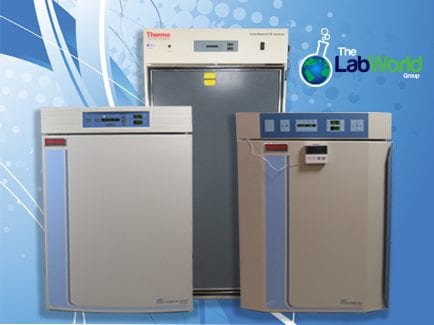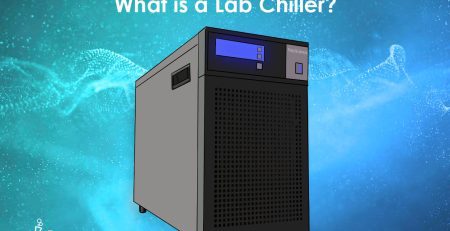Important Questions to Consider When Buying a CO2 Incubator
CO2 incubators mimic a cell’s natural environment in order to develop cell and tissue cultures. However, this process can take several weeks, so it’s extremely important that the temperature, humidity, and CO2 content remain consistent and match the cells requirements throughout the entire process. Frequently used in the medical research and pharmaceutical industries, they provide sterile conditions for any instance when cells must grow in a completely germ-free environment. Before purchasing a CO2 incubator, you should consider asking yourself the following questions.
In what capacity will your lab be utilizing the machine?
As with any other piece of laboratory equipment – it’s important to first determine how it will be used, and at what volume and rate. Will you be using the incubator for in vitro fertilization? For diagnostic purposes? For developing biosensors? All of these different applications will impact the type of CO2 incubator that is right for your organization.
What features are included to avoid and remove contamination?
There are three main unit features that can reduce the risk of contamination; a lack of places where contamination can hide and grow, rounded edges that make for easy cleaning and disinfecting, and the option to perform hot-air sterilization throughout the interior. How easy the incubator is to dismantle, clean, reassemble and reload should also be taken into consideration. Sterilization is a key step in ensuring your cells and cultures cultivate properly.
Which temperature control do you need?
Temperature control is particularly important for optimal cell growth. Even the seemingly smallest disruption or variation in temperature can have extreme consequences. The heating elements in direct heat incubators surround the growth chamber and warm by conduction. Water jacket incubators, on the other hand, sit within a water-filled container that then gets heated. Air jacket systems provide similar temperature uniformity to water jacket incubators, but can adjust the temperature based on the air temperature inside the chamber, while water jacket incubators can only control the temperature of the water. Each system has its own list of pros and cons, so it’s important to take level of use and maintenance into consideration when determining what type of system to invest in.
Other things to consider would be: What type of CO2 sensor do you need in relation to your desired cell growth? How much control do you need in relative humidity? How precise do you need the temperature and humidity to be? Do you also need O2 functionality? How much maintanance will the instrument require over the years, including items like replacing HEPA filters and labor to clean the Incubator?
Once you’ve taken these ideas into consideration, you can make an informed decision when making your investment and trust you have the best CO2 incubator for the job for years to come. If you have questions, the team here at The Lab World Group is ready to help guide you to the right incubator to suit your needs, and we have a wide range to select from. Click here to view our active inventory list of used incubators














